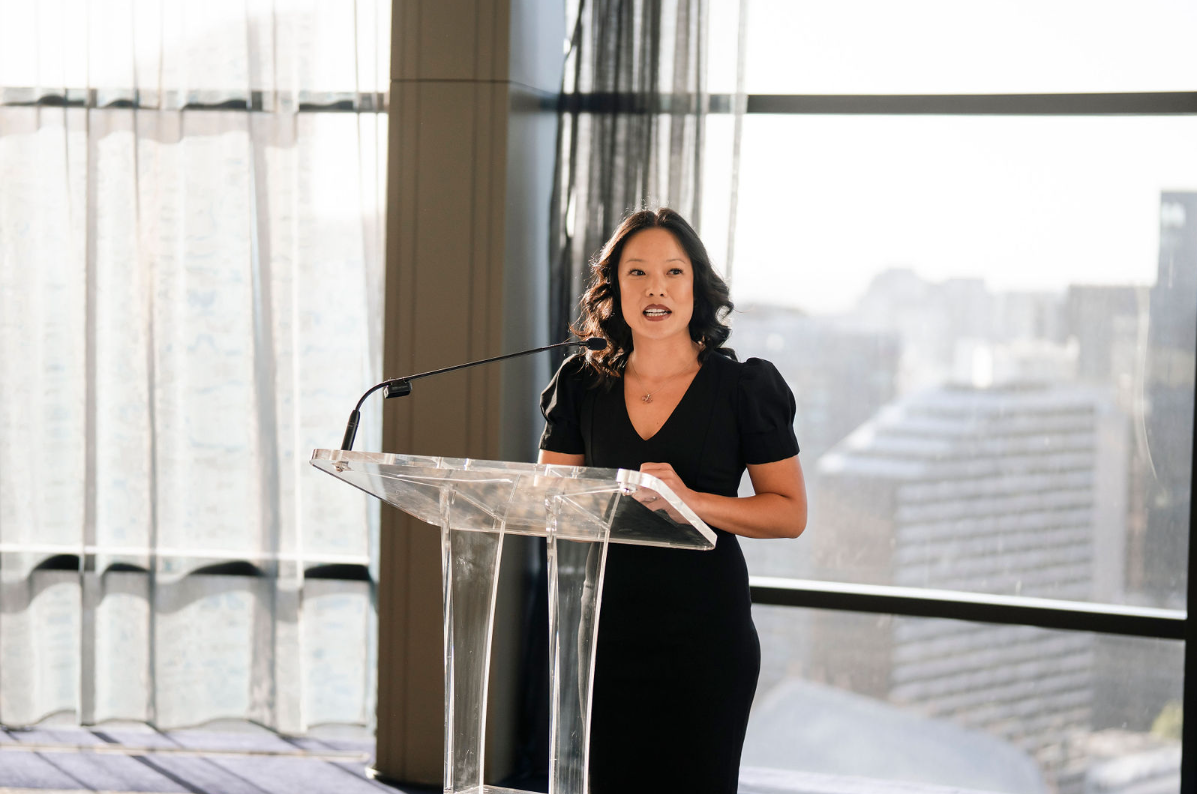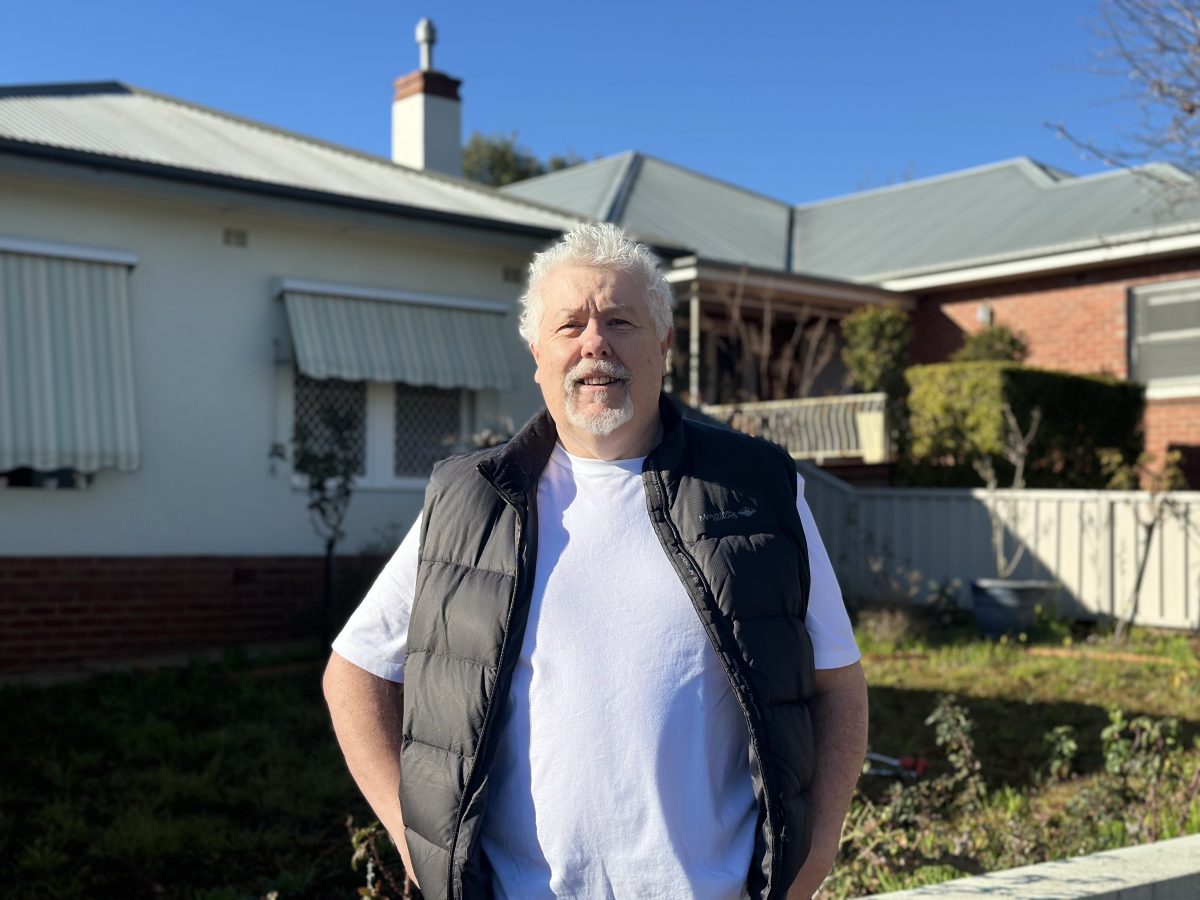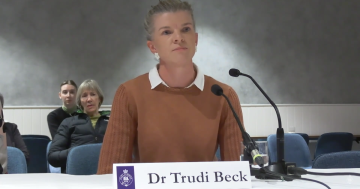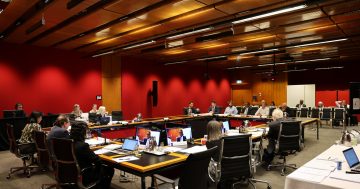
Rehman Sheriff Group associate lawyer Flora Dinh says more need to be done to protect workers. Photo: Rehman Sheriff Group.
A Wagga migration expert says recent government reforms provide workers on temporary visas with avenues to escape exploitation, but more needs to be done to protect the vulnerable.
The ongoing NSW Parliamentary inquiry into modern slavery in the Riverina has spotlighted the mistreatment of those participating in the Pacific Australia Labour Mobility (PALM) scheme, which allows businesses to recruit Polynesian workers on a temporary basis.
Inquiry hearings have detailed horror stories of workers paying huge amounts to live in cramped accommodation, employees too scared to report injuries and women forced to have abortions.
Former Australian Red Cross migration manager Neil Barber said this was not a recent phenomenon.
“Prior to 2016, we were dealing with issues of migrant workers being exploited, particularly in the Western Riverina around Hay and Hillston,” he told Region.
He said he knew of occasions in which couples were engaged to work on a farm, but the wife would be forced to cook and clean in the house without being paid for her labour.
Women were also afraid to have children, he said.
“I knew of a woman in labour at Griffith Base Hospital who was resisting birth,” he said.
“She was told she would have to pay thousands of dollars [if she had the baby].”

Neil Barber said migrants being exploited was an issue even before he joined the Australian Red Cross in 2016. Photo: Erin Hee.
Flora Dinh, associate lawyer from Wagga firm Rehman Sheriff Group, said all workers in Australia, including those on temporary visas, were entitled to minimum wages, safe working conditions and protection from discrimination under the Fair Work Act 2009.
“Certain visa holders who report exploitation may be protected from visa cancellation under the Strengthening Reporting Protections Pilot. The Department of Home Affairs has outlined certain situations that link visa breach and workplace exploitation that may protect a visa holder from visa cancellation,” Ms Dinh said.
“It is important for visa holders to document everything which means keeping records of pay slips, hours worked, communications, employment contracts, etc. Visa holders should seek advice early from the Fair Work Ombudsman, community legal centre or law firm.
“If exploitation is serious, then visa holders can consider the Workplace Justice visa that can be granted for up to 12 months to enable the visa holder to remain temporarily in Australia with work rights and meanwhile find another option that may help them obtain another work visa.”
Mr Barber said another problem was that many migrant workers came to Australia on visa categories that no longer existed, so felt as if they were in limbo regarding their legal rights.
“For visa holders of a discontinued visa, it is important to seek legal advice as early as possible so that alternative visa pathways can be fully explored,” Ms Dinh said.
“It is so important to not leave visa options to the last minute because the later it is left, the fewer the options for visas. It is also equally as important to seek accurate legal advice – there are so many firms out there that are only interested in making money while taking advantage of the immigration systems.
“Visa holders must ensure that they avoid unlawful status as it not only closes visa options, but also can trigger serious legal and practical consequences. Ministerial intervention or merits review can also be considered especially in cases involving compelling and compassionate reasons.”
Ms Dinh commended the recent federal government reforms to address migrant worker exploitation by increasing penalties, introducing a new prohibition measure, new compliance educational tools and better protection for migrants to encourage reporting.
But she would like to see legal protection expanded.
“The Strengthening Reporting Protections Pilot and Workplace Justice visa are promising starts. Both visas should be made permanent and broadened to cover more visa subclasses,” she said.
Ms Dinh would also like to see education packages extended to rural areas and migrant workers given the power to change employers more freely.
If you or someone you know is experiencing, or at risk of experiencing, domestic, family, or sexual violence, call 1800 737 732, text 0458 737 732 or visit 1800RESPECT.org.au.
The Multicultural Council of Griffith can be contacted on (02) 6964 4366, 0412 811 343 or at [email protected]











